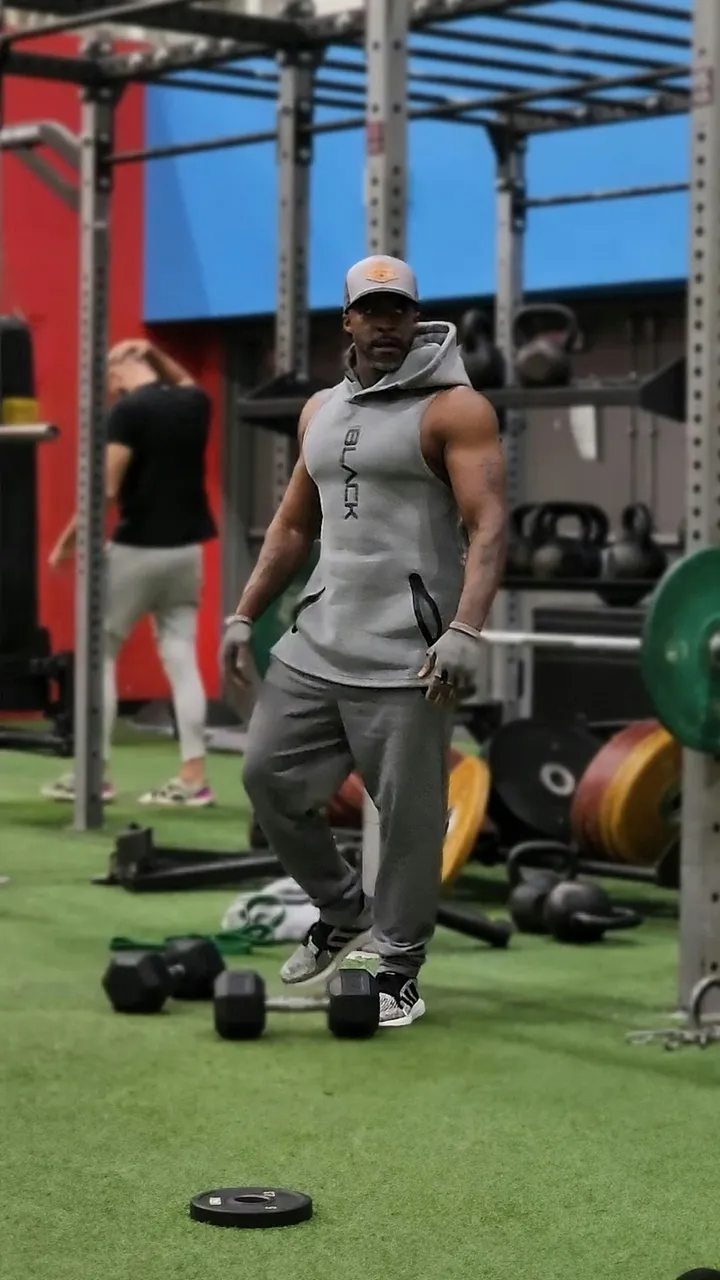Every day, we face situations we don’t control: the weather, traffic jams, a boss’s mood, or the economy. Many people spend a lot of time complaining about these things, waiting for someone else to fix them. But here’s something powerful to think about: life changes most when we focus on what we can control — our own actions, choices, and mindset.
Being proactive simply means taking responsibility instead of waiting for things to happen. It’s the opposite of blaming, wishing, or just reacting.
This makes a very big difference, it doesn't matter if you are at work, home, vacation, or anywhere else.
Think about the workplace. In many offices, you’ll find people who spend more time talking about problems than solving them. They blame other departments, poor management, or lack of resources for every setback. But the people who really stand out , the ones who grow into leaders , do something different.
They ask questions like ,what can I do about this problem, not minding if it is my fault or not.
Maybe they learn a new skill to fill a gap. Maybe they help their team organize better or suggest a new plan instead of just pointing out what’s wrong.
In the business world, entire companies rise and fall on this mindset. Markets change, new technologies arrive, customers want something different and businesses that only react often struggle to keep up. But companies that stay proactive keep their eyes on trends, listen to what people need, and adapt before they have to. That’s why some brands survive for decades while others disappear overnight.
We can see the same thing in our communities. Some neighborhoods wait for the government to fix every pothole or clean every street. Others take action , residents form groups, pick up litter, plant trees, and look out for one another’s safety.
Every problem might not be solved by this little actions ,but they are direct prove of what we stand to achieve if we start doing and stop waiting.
Schools offer another clear example. Many students blame teachers for bad grades or claim a subject is “too hard.” But the students who succeed ask themselves, What can I do differently?
They look for alternative ways to studying or even work with fellow classmates.
They don’t sit back hoping things will magically improve — they take charge of their own learning.
Being proactive doesn’t mean pretending you control everything , you don’t. It means focusing your energy on what you can change. If you get stuck in traffic every morning, you can’t change the road, but you can leave earlier, find another route, or use the time to listen to an audiobook. If your workplace feels negative, you might not change your coworkers overnight, but you can control your own attitude, set a good example, and build better habits for yourself.
Many people think big life changes require huge actions. Often, they start small. Imagine someone who wants to get fit. They could blame their busy schedule, the weather, or lack of equipment. Or they could start walking 20 minutes a day, right where they are. That one choice often leads to more: eating healthier, sleeping better, and feeling stronger.
This mindset shift from waiting to acting and builds confidence. When you take responsibility for your choices, you feel less like a victim of circumstances and more like the author of your own story. And people notice. Employers trust you more, friends look up to you, and family relies on you because they see you don’t just talk — you do.
So, next time you find yourself frustrated about something outside your control, pause and ask: What part of this can I influence? What can I do today to make it better? Maybe you can’t fix the entire problem, but you can always take a step. And small steps, done consistently, create real change over time.
In the end, waiting for things to change rarely works. Complaints alone don’t make life better. Taking responsibility, even in small ways, does. That’s the power of being proactive and it’s available to anyone, every single day.

